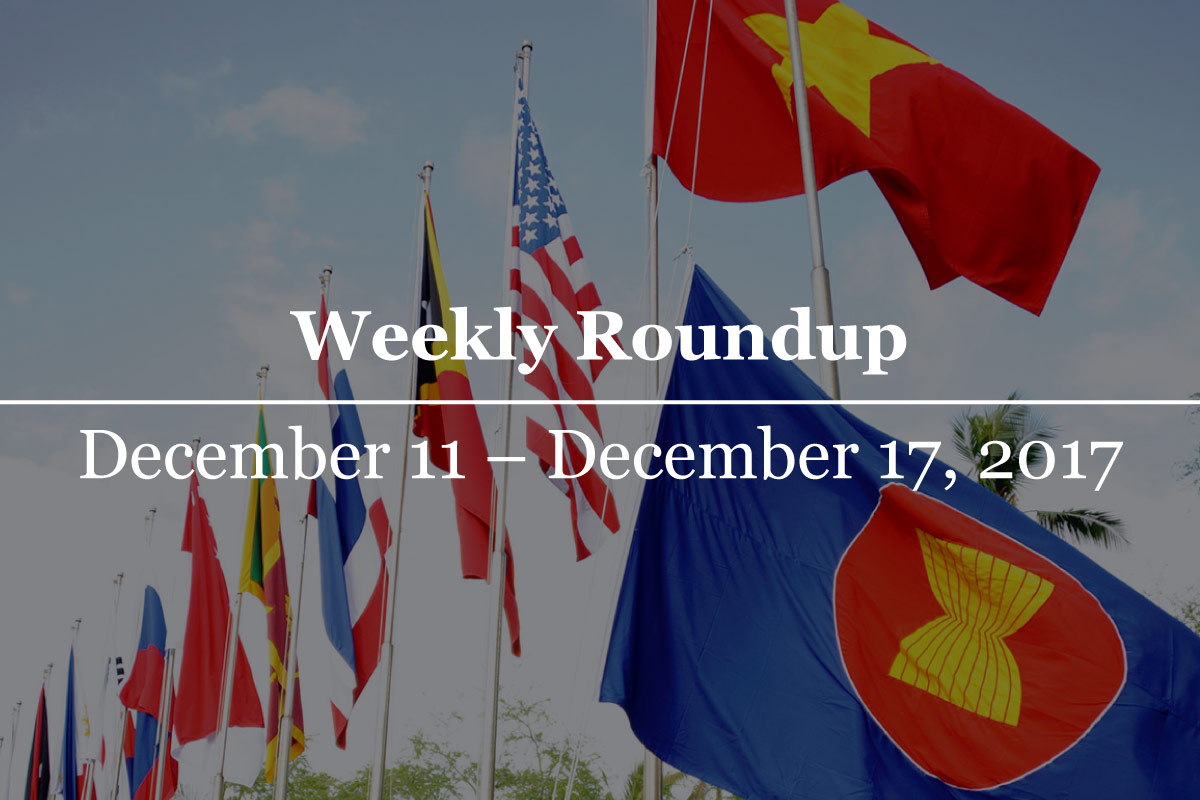ASEAN Geopolitics
This week, sanctions on North Korea were further tightened after Pyongyang’s refusal to halt their nuclear program – the latest being Thailand which has been called on by the United States to put more trade and diplomatic pressure on the hermit nation.
The ASEAN Post also covered the prospect of achieving a “high quality” Regional Comprehensive Economic Partnership in pursuit of a Free Trade Area of the Asia-Pacific (FTAAP).

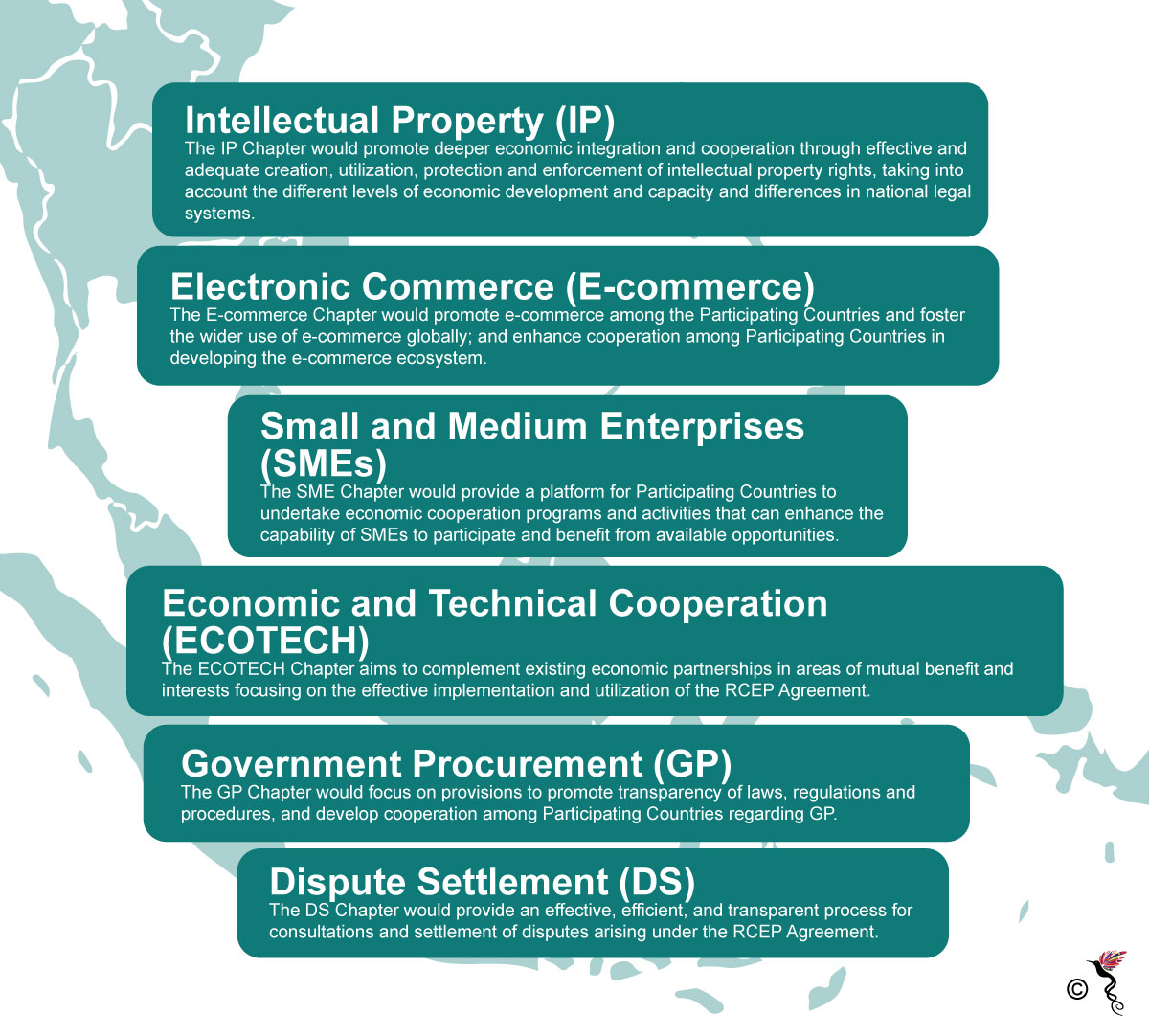
Outcome of RCEP negotiations so far.
The question of US-China relations and its impact on ASEAN was also explored. The courtships of great powers over ASEAN is not something that the association should be enamoured by. It must be mindful that there will always be a premium on maintaining ASEAN unity.
Farewell, Surin Pitsuwan
The ASEAN Post, in remembrance of prolific former ASEAN Secretary General, Surin Pitsuwan took readers on a journey of the Thai diplomat’s legacy and contributions he made to his country and region.
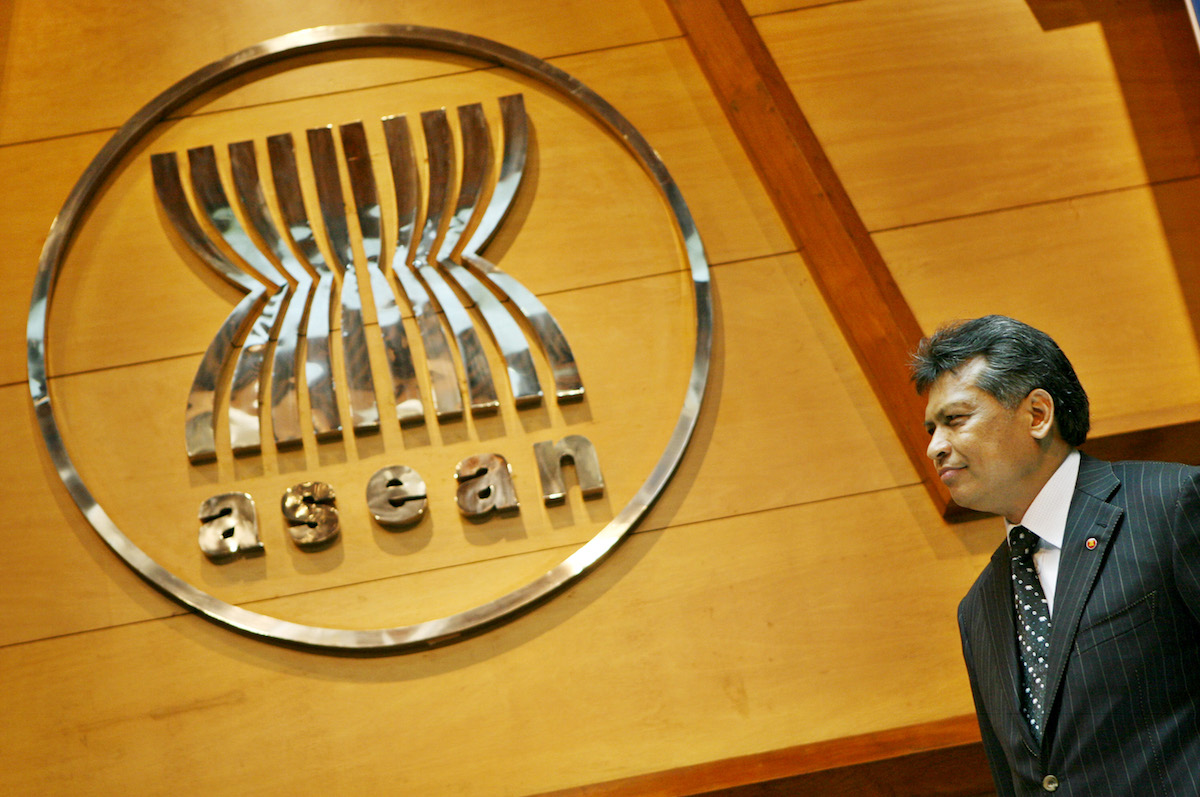
In this picture taken on 7 January 2008, then newly appointed secretary General of the Association of Southeast Asian Nations (ASEAN) Surin Pitsuwan looks on during a ceremony in Jakarta.
He will forever be cherished in the hearts of ASEAN citizens.
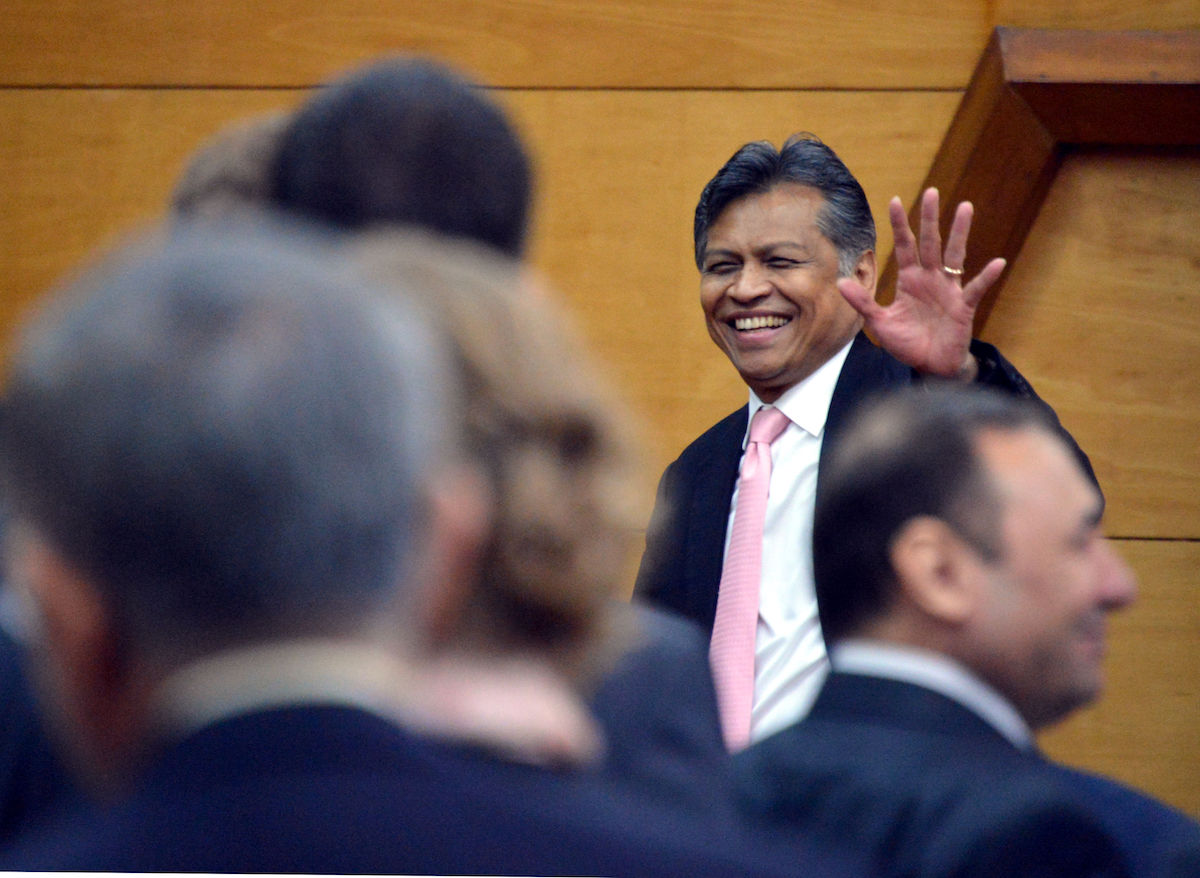
In this picture taken on January 9, 2013, former Association of Southeast Asian Nation (ASEAN) Secretary General Surin Pitsuwan waves to his successor Le Luong Minh (not pictured) after the secretary general of ASEAN handover ceremony at ASEAN secretariat in Jakarta.
Social issues in ASEAN
Vietnam continues to hamper civil liberties of its people with at least 15 activists and dissidents having been arrested this year alone. Recently, a Vietnamese court jailed an environmentalist blogger, Nguyen Van Hoa for seven years for propagating anti-state propaganda.
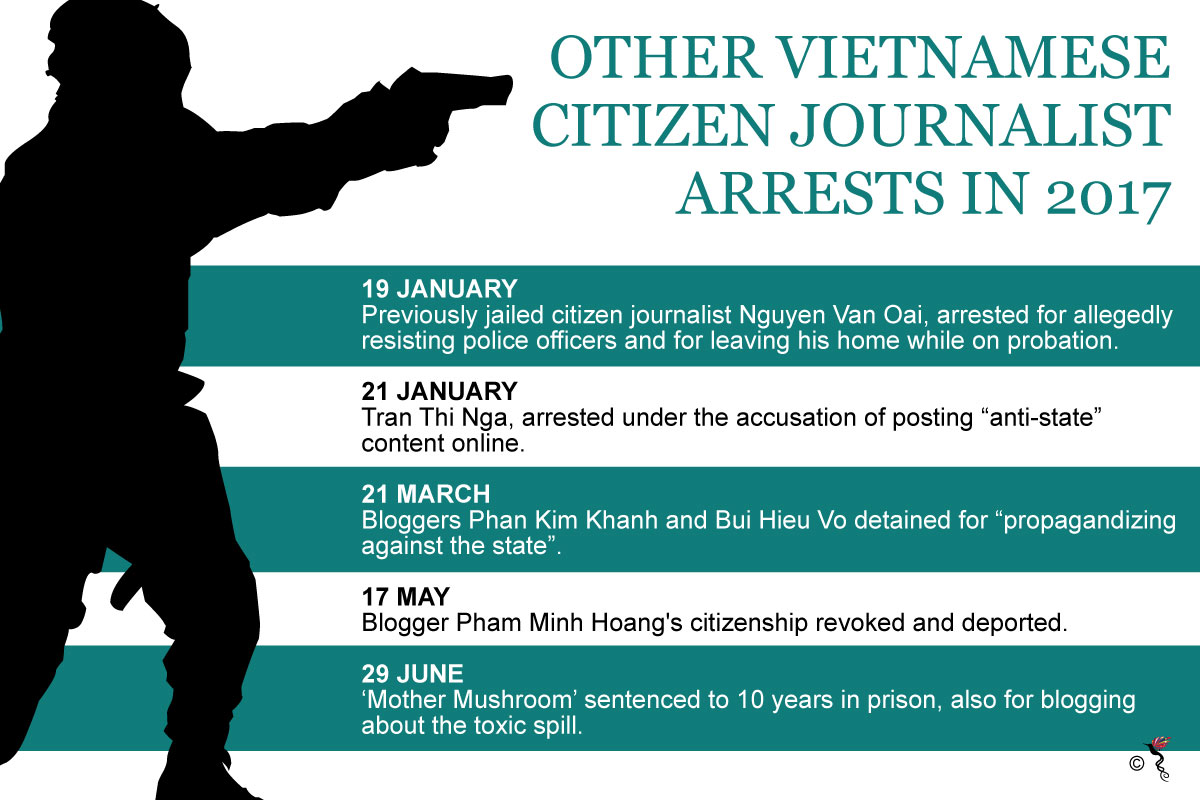
Examples of other Vietnamese citizen journalist arrests in 2017.
On a similar note, human rights violations have been on the rise within ASEAN this year. the ASEAN Parliamentarian for Human Rights (APHR) committee reiterated that “2017 has been a challenging year for human rights advocates in Southeast Asia.”
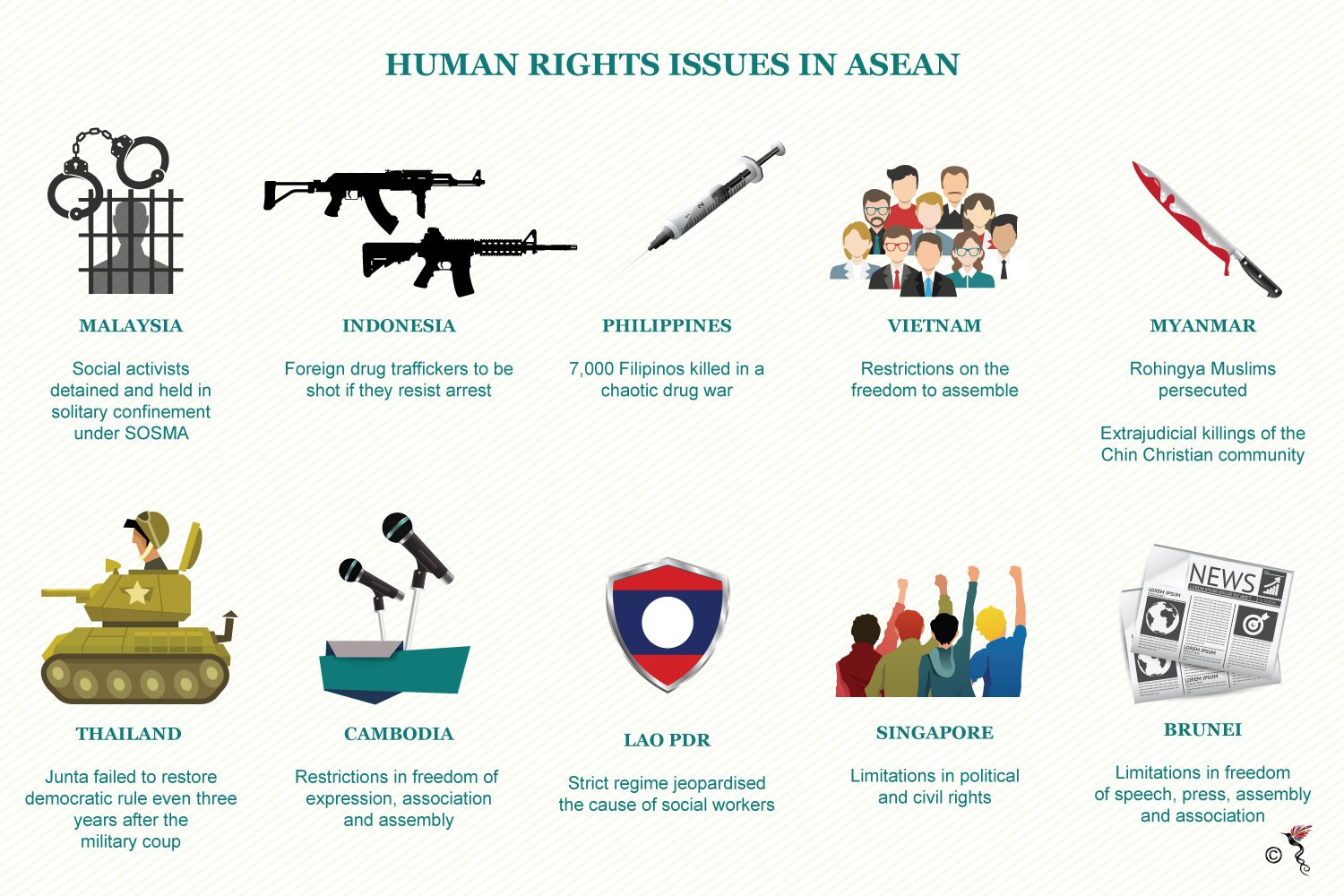
Examples of human right issues in Southeast Asia.
Credit where its due – Vietnam seems to have a bright future for gender diversity in the Southeast Asia region. The Boston Consulting Group (BCG) reported that some 25 percent of CEOs on board of directors in Vietnam are women – higher compared to more advanced ASEAN members like Singapore and Malaysia.
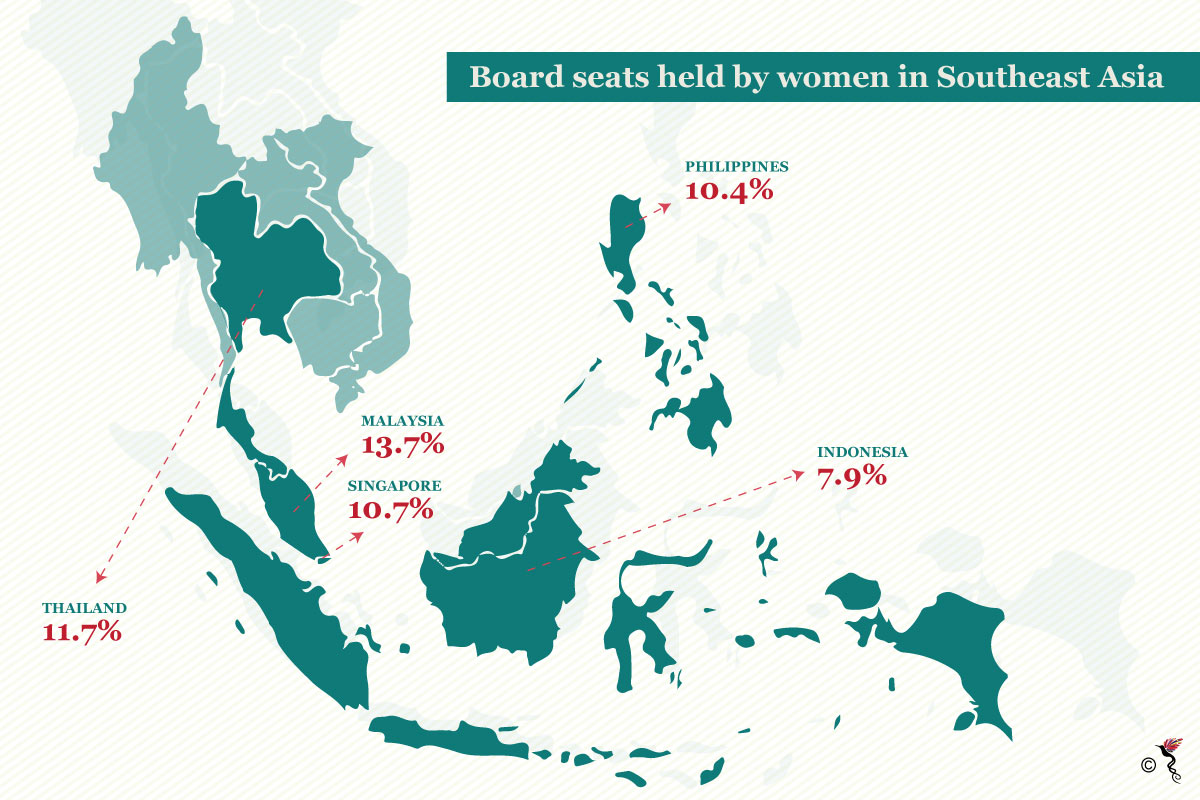
Percentage of women on boards in five ASEAN countries. Source: Deloitte Global’s Women in the Boardroom: A Global Perspective.
The ASEAN Post also delved into the state of affairs and potential of civil society organisations (CSOs) in ASEAN. After all, in fostering a “people centred” agenda, the organisation cannot do away with civil society – the very constituents of their regional agenda.
Protecting our environment
In collaboration with Mongabay, The ASEAN Post published a piece on the destruction of marine life in Cambodia due to trawling.
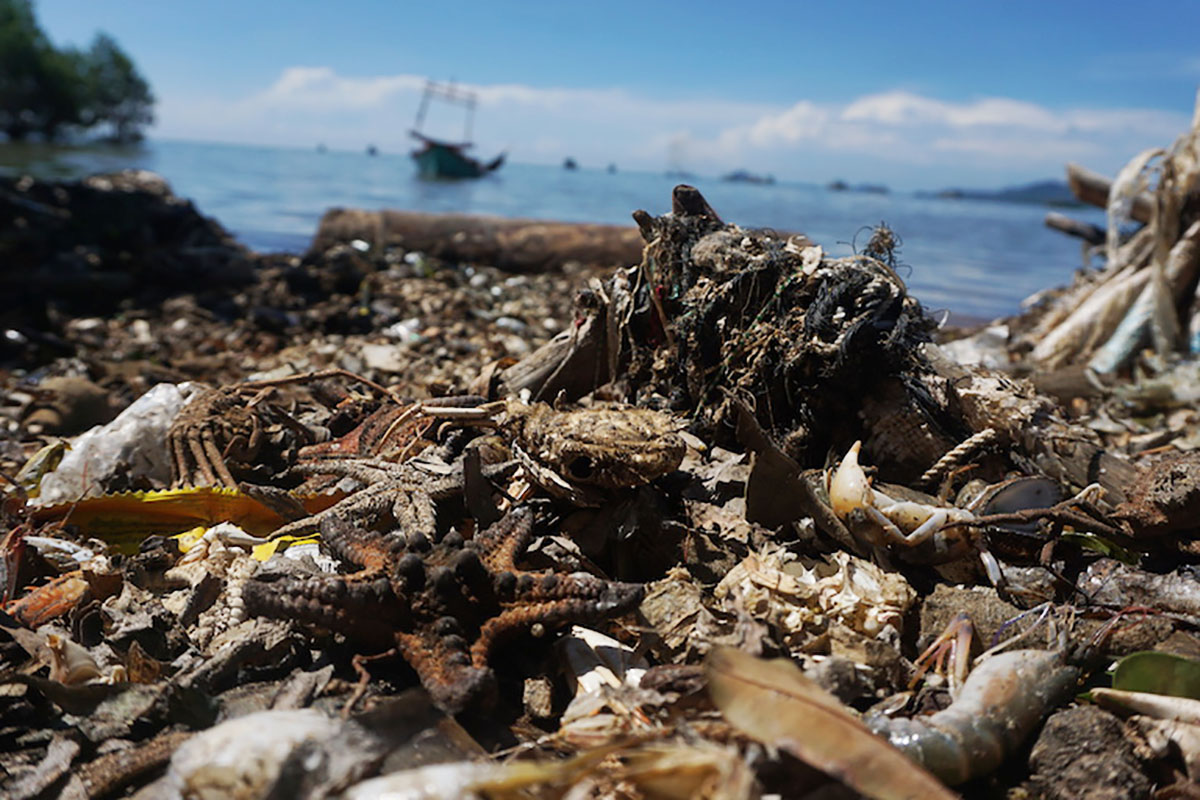
In this picture taken on December 15, 2017, shows mounds of seagrass and unsaleable juvenile species are left to decompose in Prek Tanen village after being sorted from the more valuable species. (Mongabay/Matt Blomberg)
Pangolins were found to be the most trafficked mammal in the world. According to a report, of the top ten countries and territories involved in the most trafficking incidents, seven were in Asia, namely China, Viet Nam, Malaysia, Hong Kong SAR, Thailand, Lao PDR, and Indonesia.
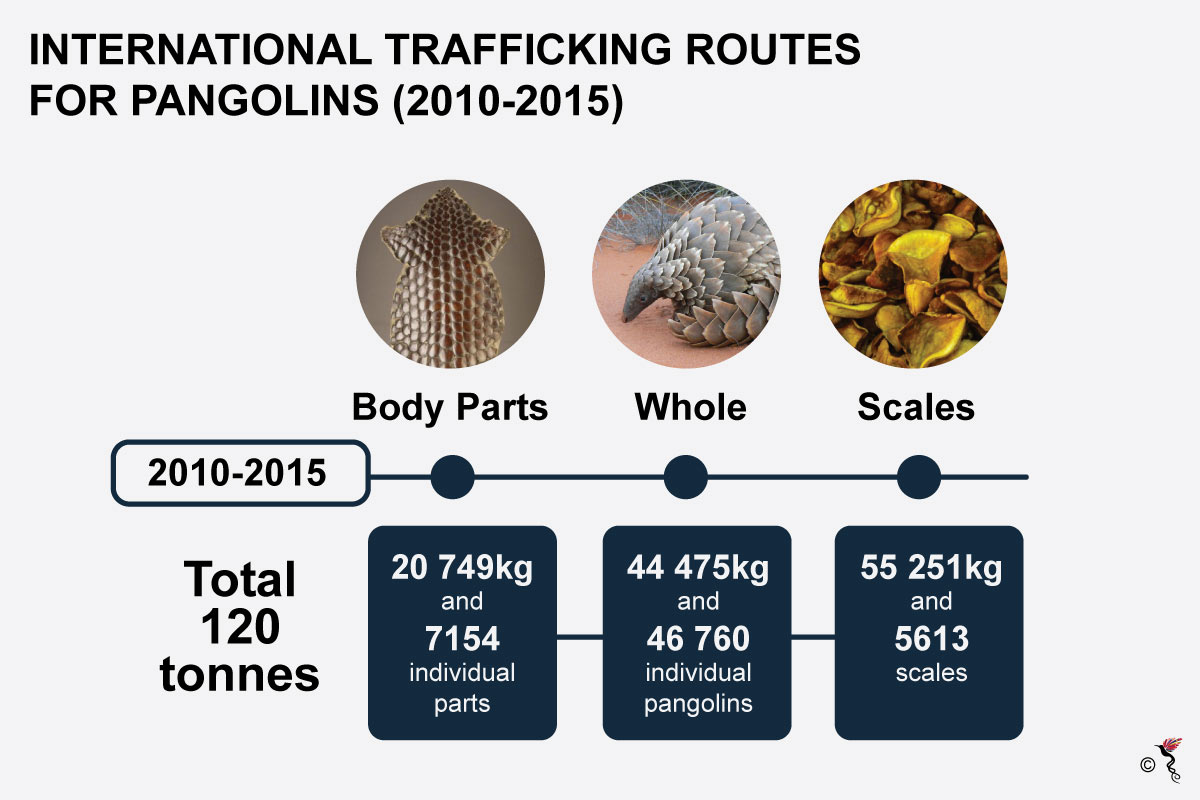
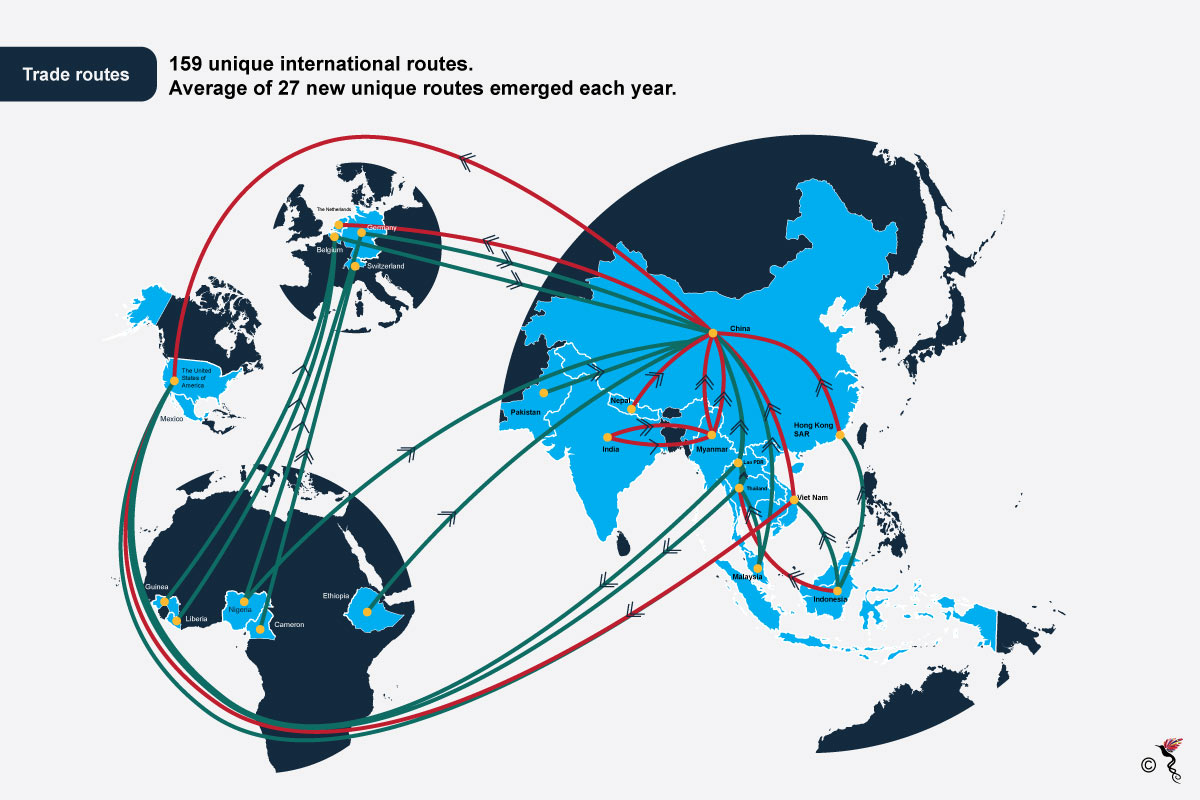
The findings in Global Trafficking of Pangolins: A Comprehensive Summary of Seizures and Trafficking Routes from 2010–2015.
Mount Agung may hold the key to reduce increasing global temperatures. According to scientists, the very same ash cloud that has forced the cancellation of hundreds of flights to and from the island has also the potential to cool the global climate for one or two years.
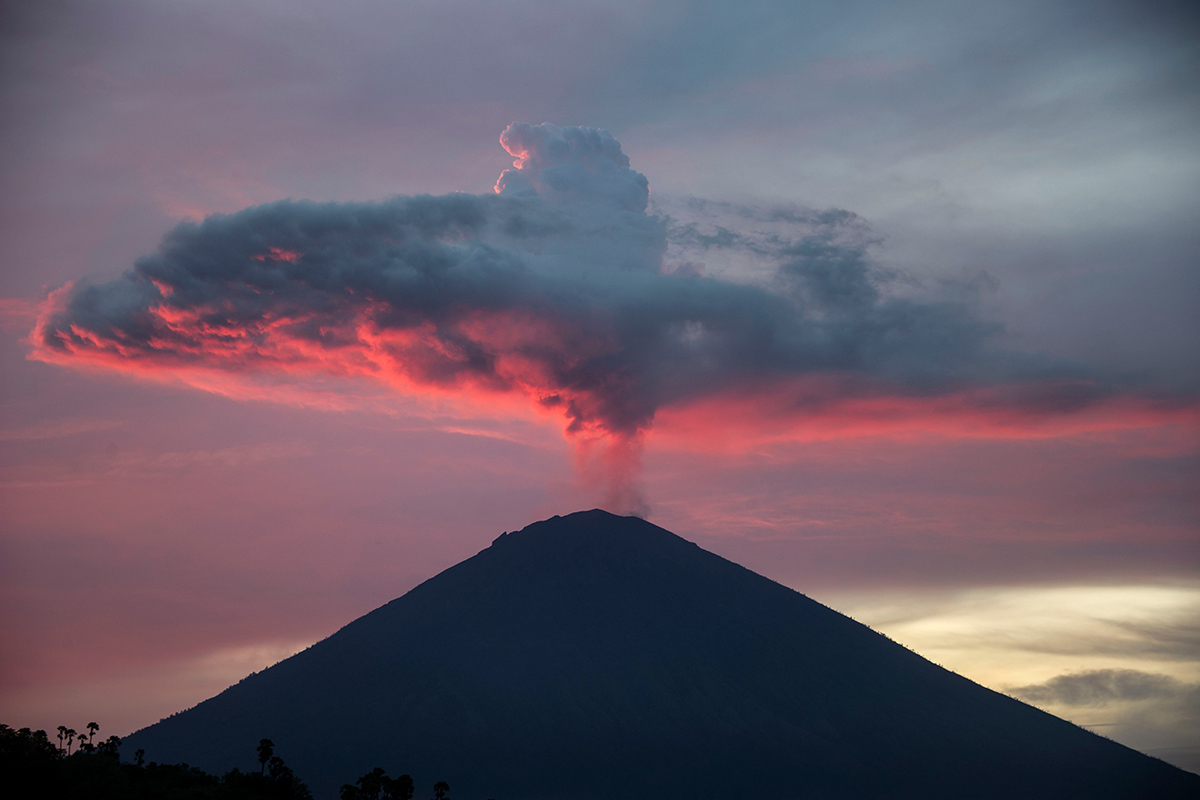
A general view shows Mount Agung from Amed beach in Karangasem on Indonesia's resort island of Bali on November 30, 2017. (AFP/JUNI KRISWANTO)
The ASEAN Post collaborated with Project Syndicate to bring readers an opinion piece by Samuele Furfari, a professor of the geopolitics of energy at Université libre de Bruxelles, and author of The Changing World of Energy and the Geopolitical Challenges.
In the op-ed, Fufari responds to increasing anxiety over the state of global oil reserves.
Recommended stories:
